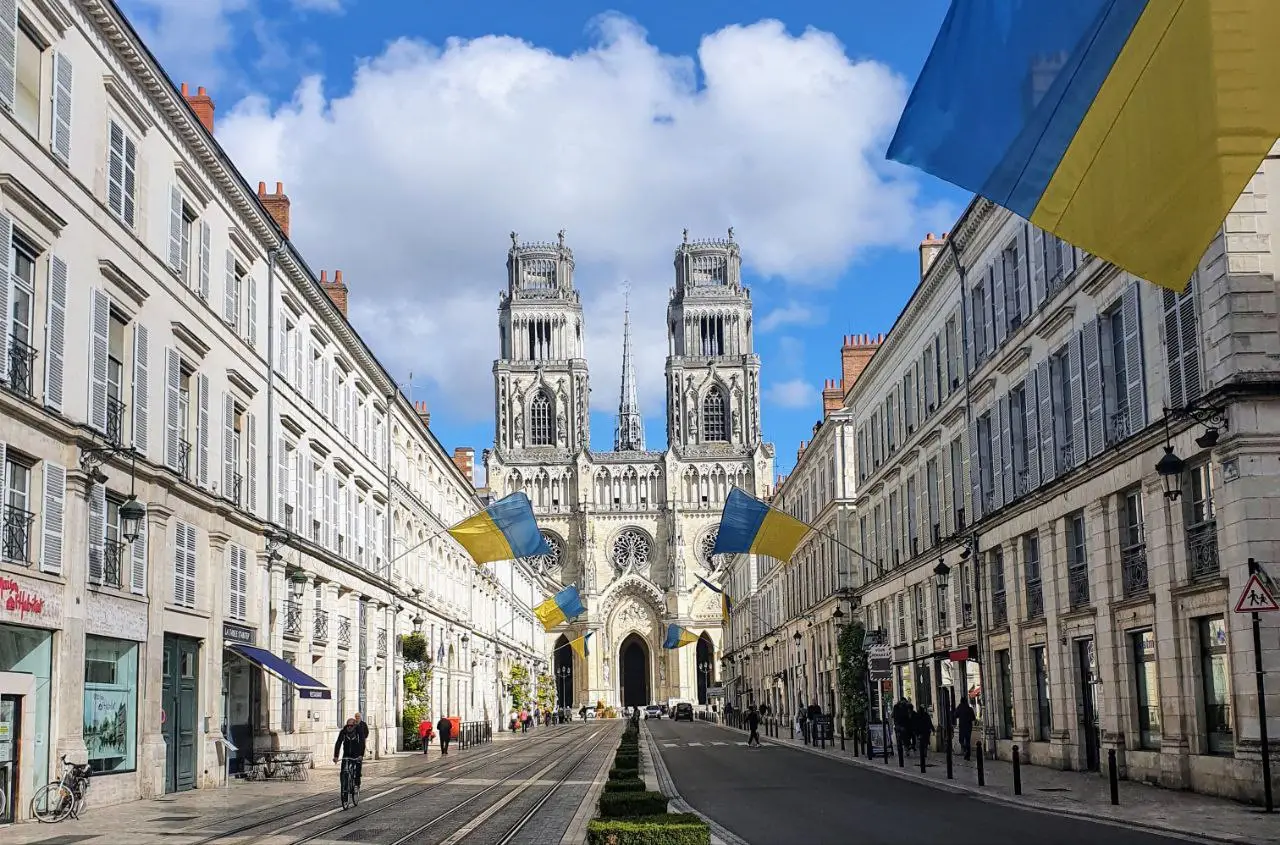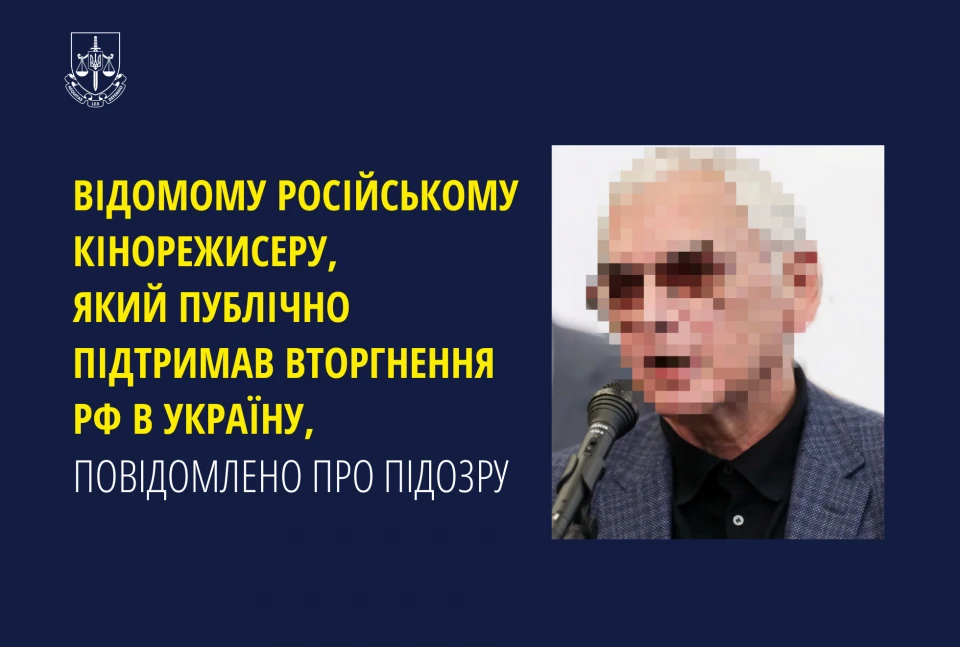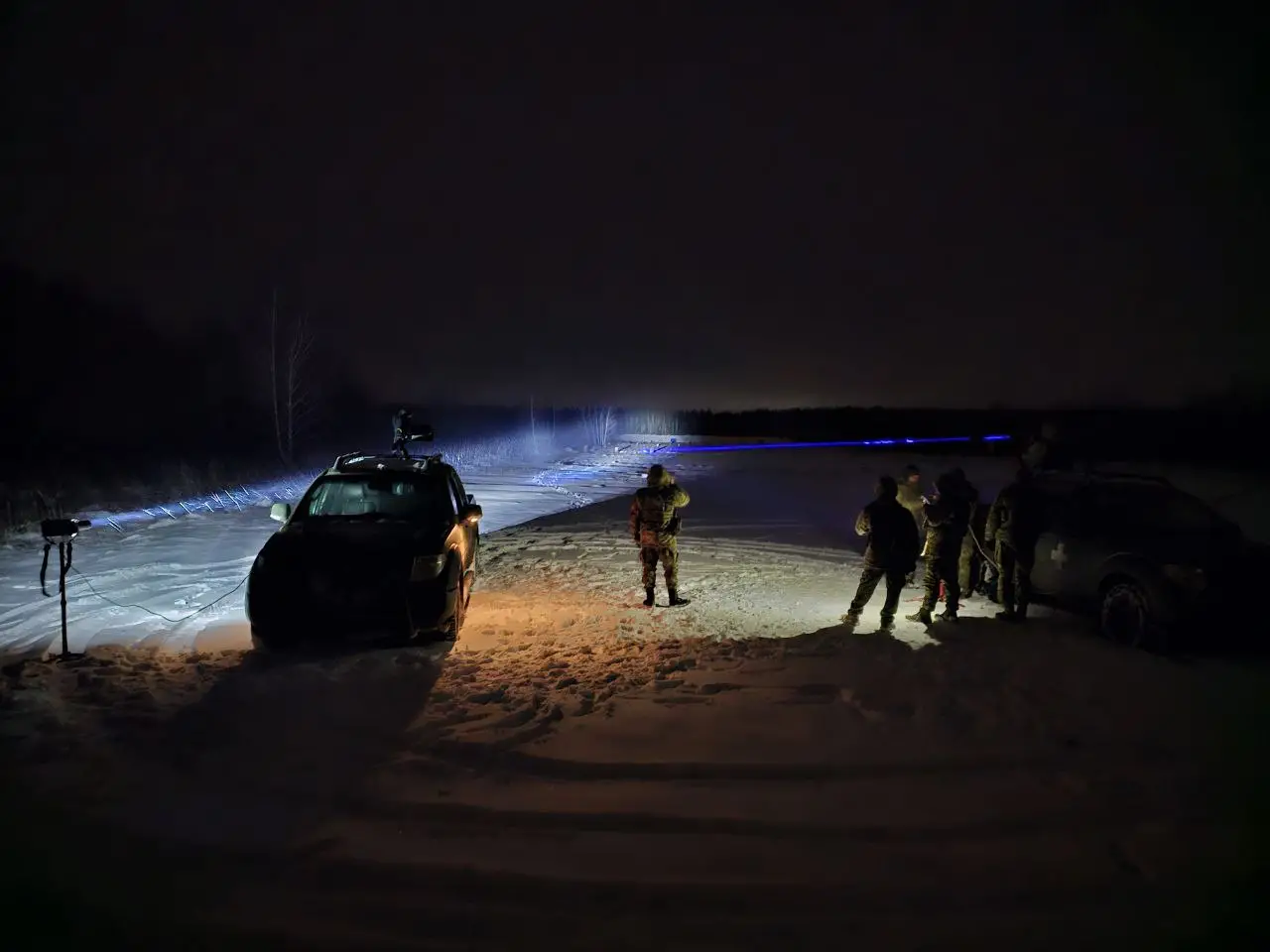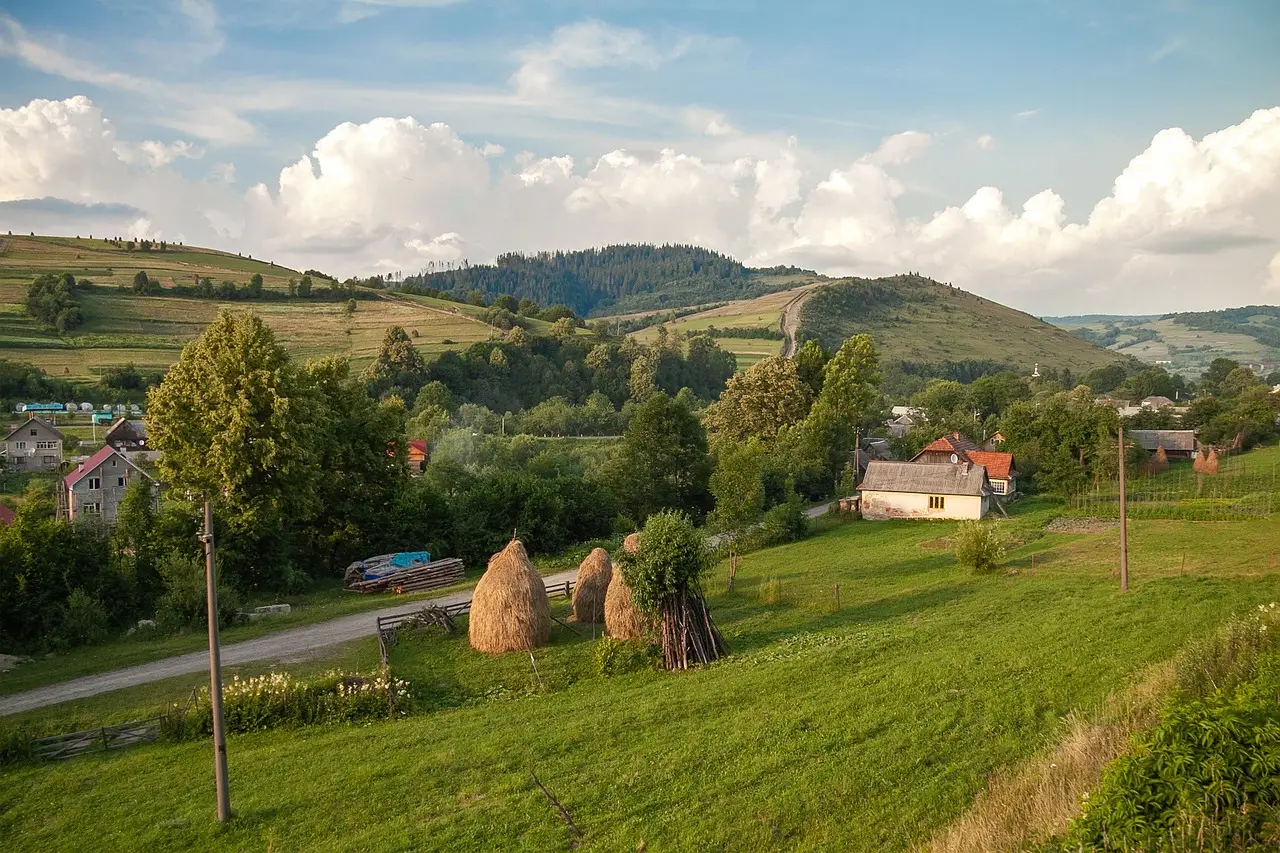A bridge between cultures: Dialogue with Alexandra Stevenson, founder of an English school with a multicultural flavour
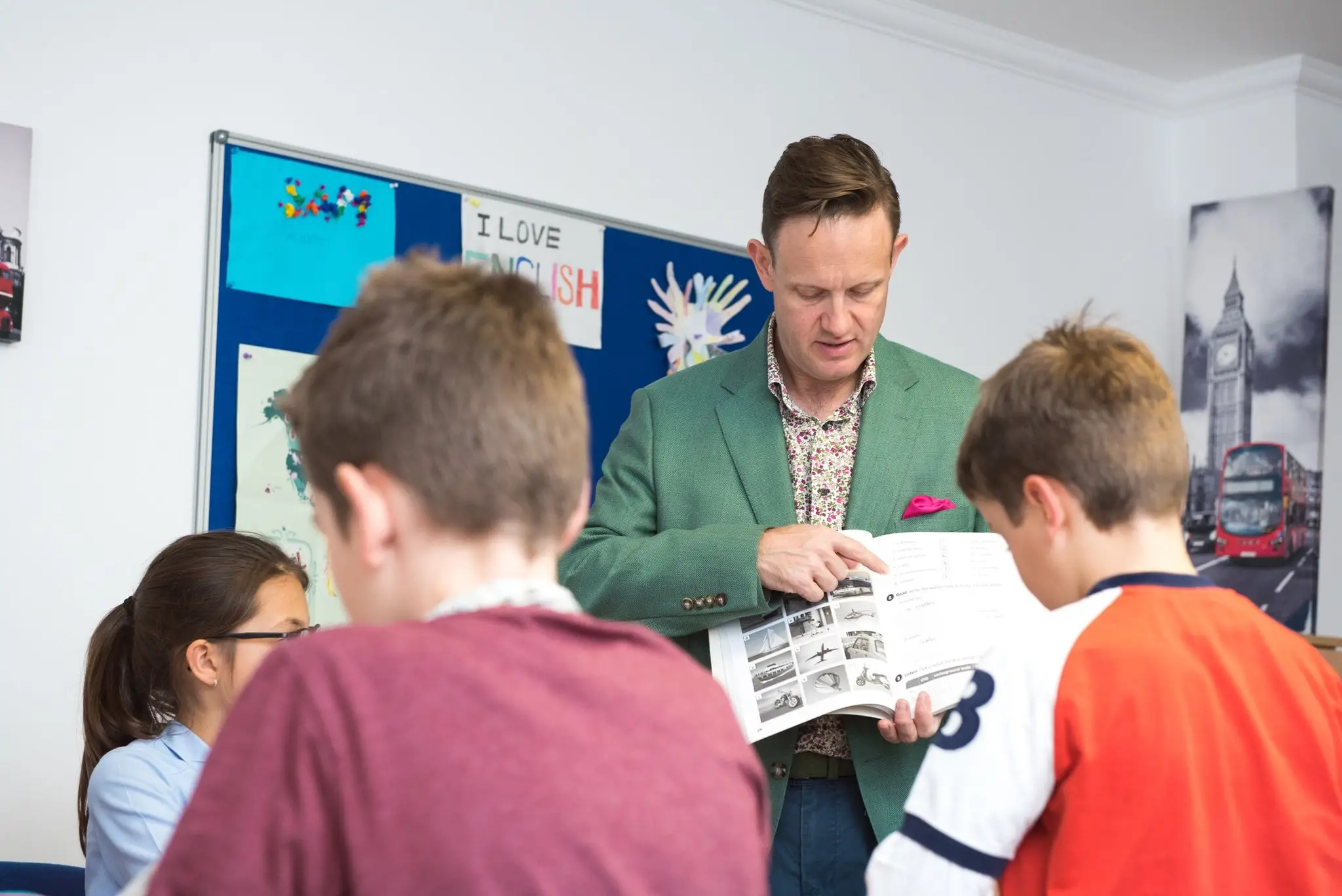
Discover "Sam Academy" a school where English blends harmoniously with Romanian traditions and diversity is celebrated
This interview gives us a fascinating glimpse inside an English school that goes beyond traditional teaching. It is a school that builds bridges between cultures, a space where tolerance and mutual respect are cultivated, offering a chance at education and integration to Ukrainian children affected by war.
During the interview, we explore:
- The motivation behind the founding of the school and the multicultural vision of the founders.
- Innovative and effective teaching methods tailored to the individual needs of learners.
- The important role of cultural diversity within the school and how it is managed.
- The school's active involvement in supporting the local community, with a focus on helping refugee children in Ukraine.
- Valuable tips for entrepreneurs who want to follow a similar path.
Mrs Stevenson, how did you and your husband decide to open an English school?
We opened this English school after travelling around the world and wanted to use what we had learned from our international experience and wanted to offer the same quality of service. Because at that time we couldn't integrate into an English language school, we decided to open our own school, where we would promote our own values, both cultural and educational.
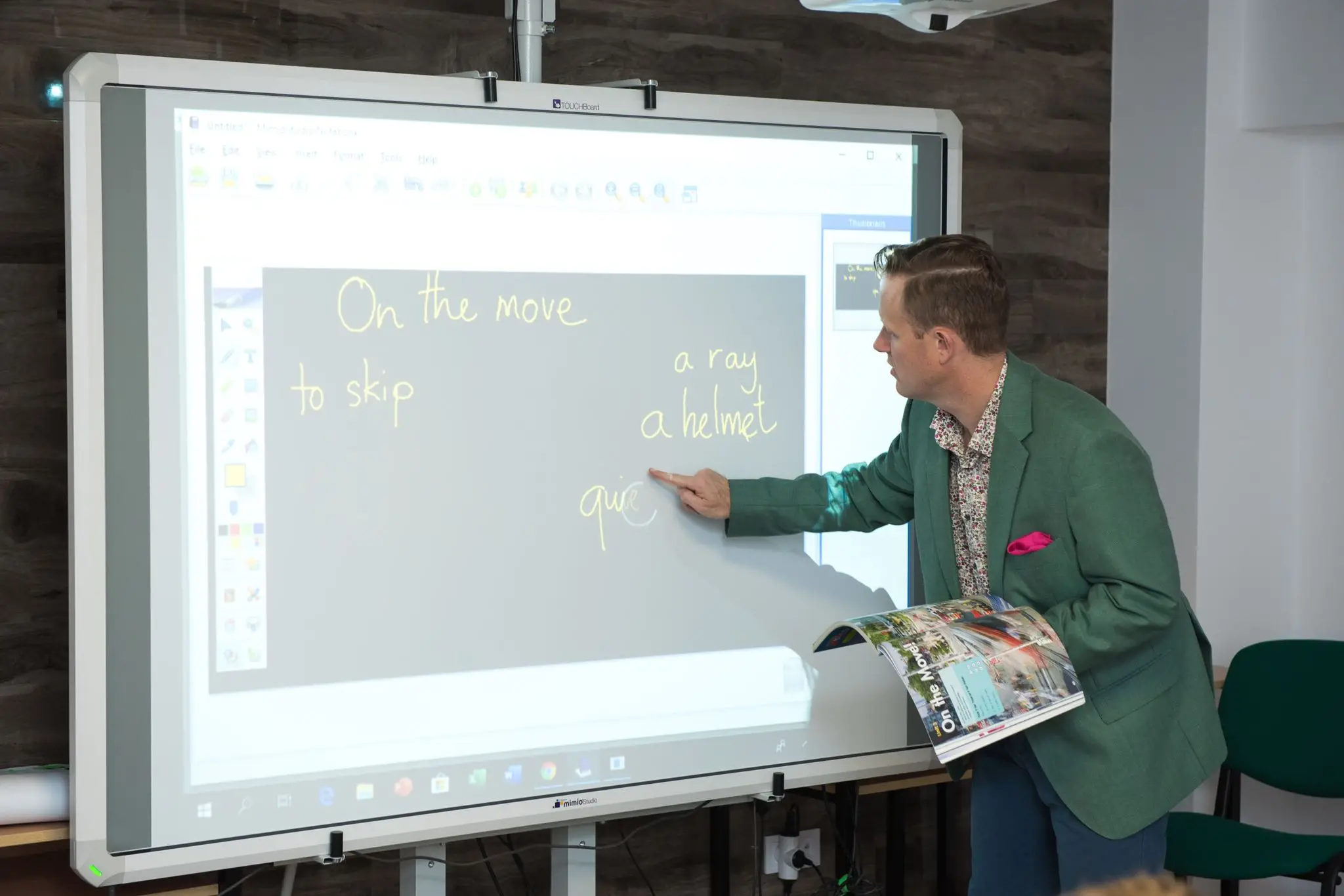
What are the main challenges you faced in the process of opening and running the school?
We had the great luck to get funding through the STARTUP NATION program, and in this way we equipped our school with everything we needed.
The most difficult challenge was to penetrate the Brașov market for language courses, as I had returned to Brașov after more than 15 years and for Sam, Brașov was a new city.
How do you combine elements of Romanian and English culture in the school?
The English language and culture are the main elements of our school. Here we speak only English, we celebrate events that are important in the British space, and we promote British literature and culture. We also celebrate English culture through intercultural exchanges with schools in other countries, such as language schools in Poland.
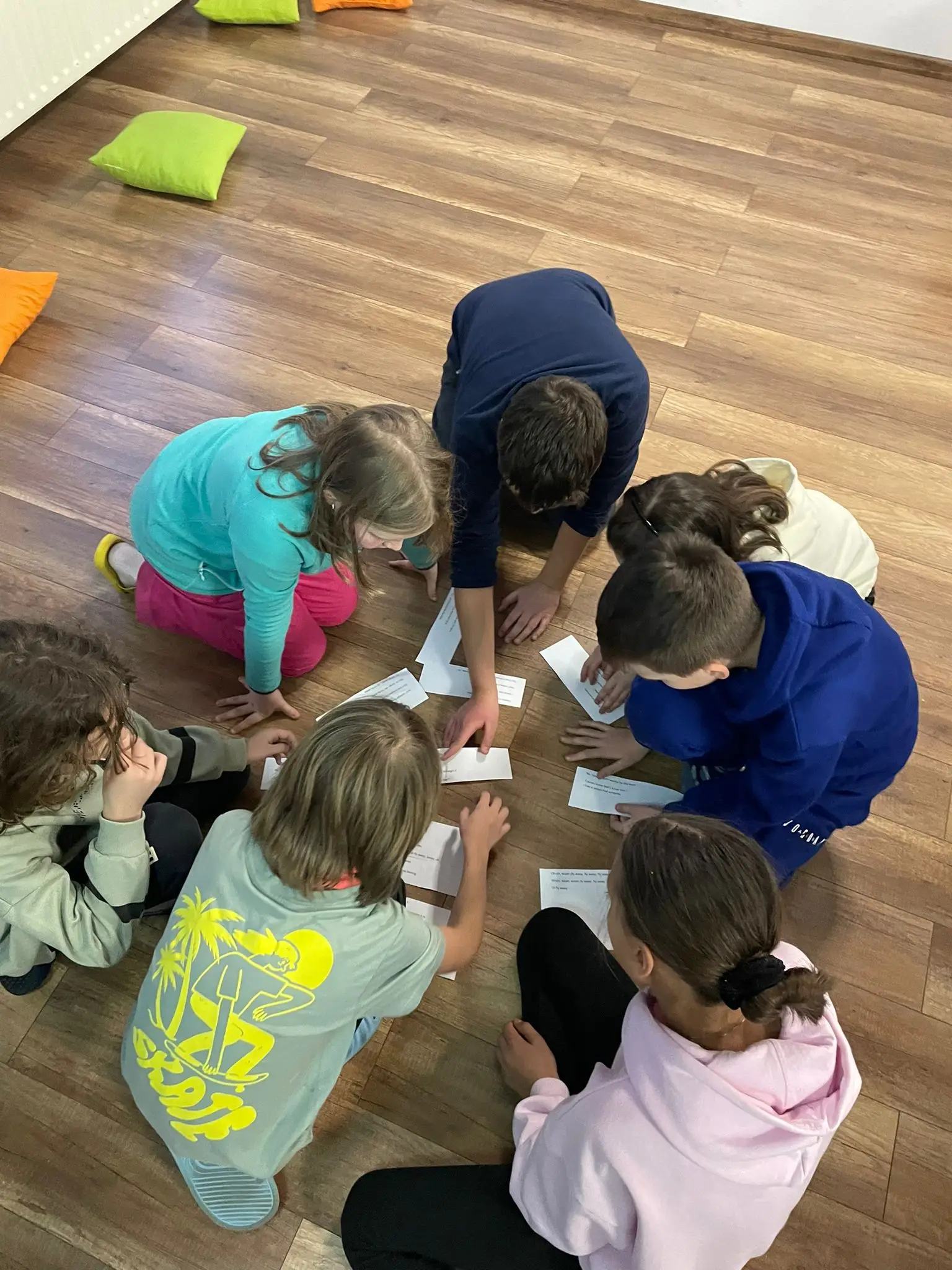
Which teaching methods do you find most effective in learning English?
I firmly believe that all methods can be effective. Grammar exercises are good, but also games where learners communicate naturally, translations can help, but also stories to enrich vocabulary. Technology with its new AI component is very effective in helping learners to practice certain elements of pronunciation or to help them organize their speech. I think the secret lies in the variety of methods used and the way they are combined.
How do you manage cultural differences within the school, and how do they influence the relationship with the learners?
Cultural differences are welcome in the classroom. We are all different and coming from different backgrounds, from different countries only helps us communicate better and learn from each other. Currently, we have learners from Romania, the United States, Thailand, Ukraine, Czech Republic, etc. It's great how everyone brings their cultural elements into the classroom and how through the English language they can communicate and learn from each other.
What are your long-term goals and dreams for the English school?
We want to be able to help as many learners as possible to achieve their language goals, to promote British cultural values in the long term and to be an example of quality education among language schools in Romania.
How do you involve the local community in your school's activities?
Through our projects targeting Romanian and English language courses in partnership with Brașov Metropolitan Agency, Job4UKR and with the support of the European Bank for Reconstruction and the European Union, we want to build communication and cultural bridges with those from the Ukrainian community so that they can integrate more easily and perhaps build a future here.
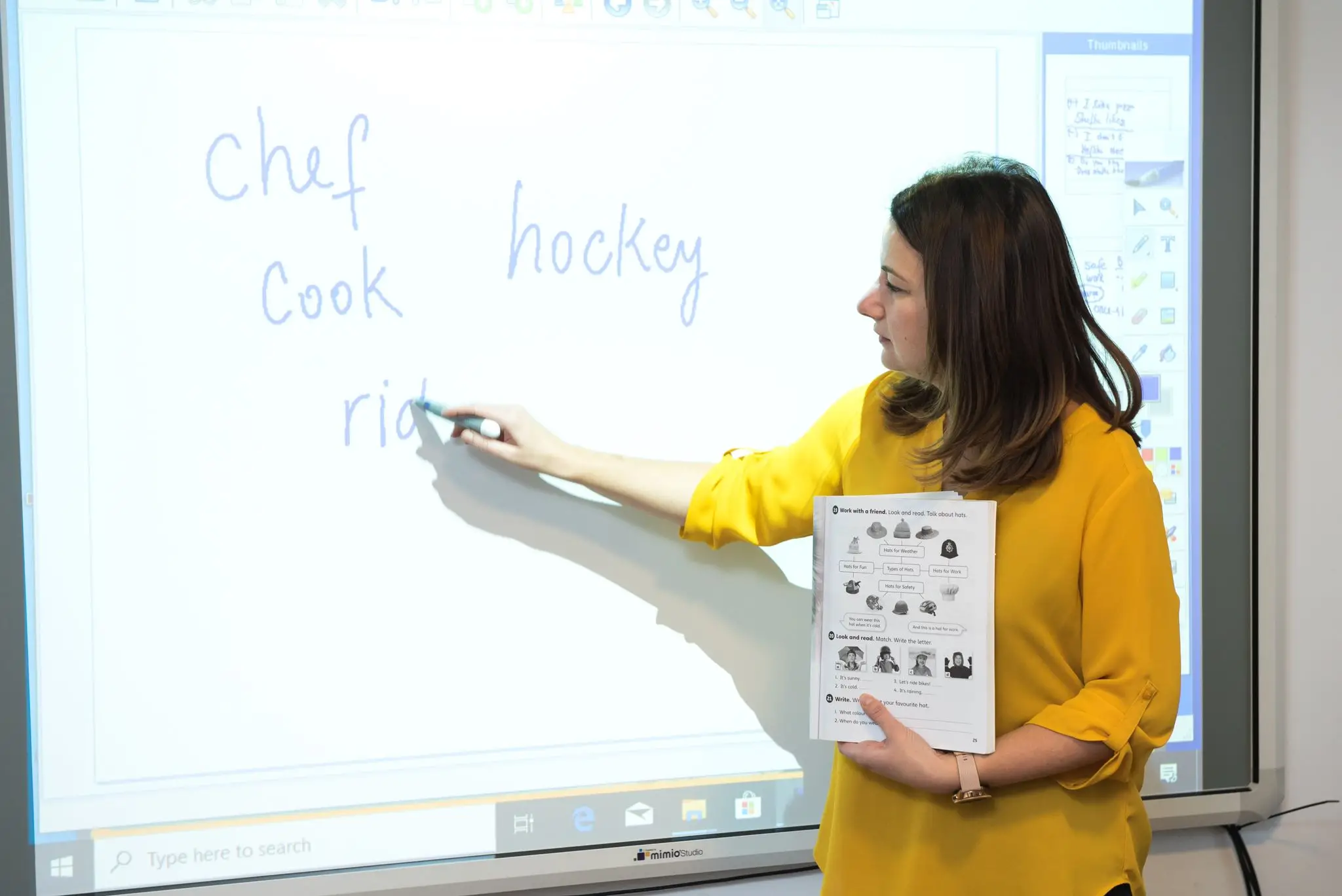
What advice do you have for other entrepreneurs who would like to open a foreign language school in a new country?
Know your market very well.
How do you see the future of your English language school, and how do you plan to expand and develop your educational offer?
We would like to be able to offer courses for other languages as well and to have courses for other specialities such as debating or other courses that would help young Romanians to cope more easily with the challenges of the 21st century.
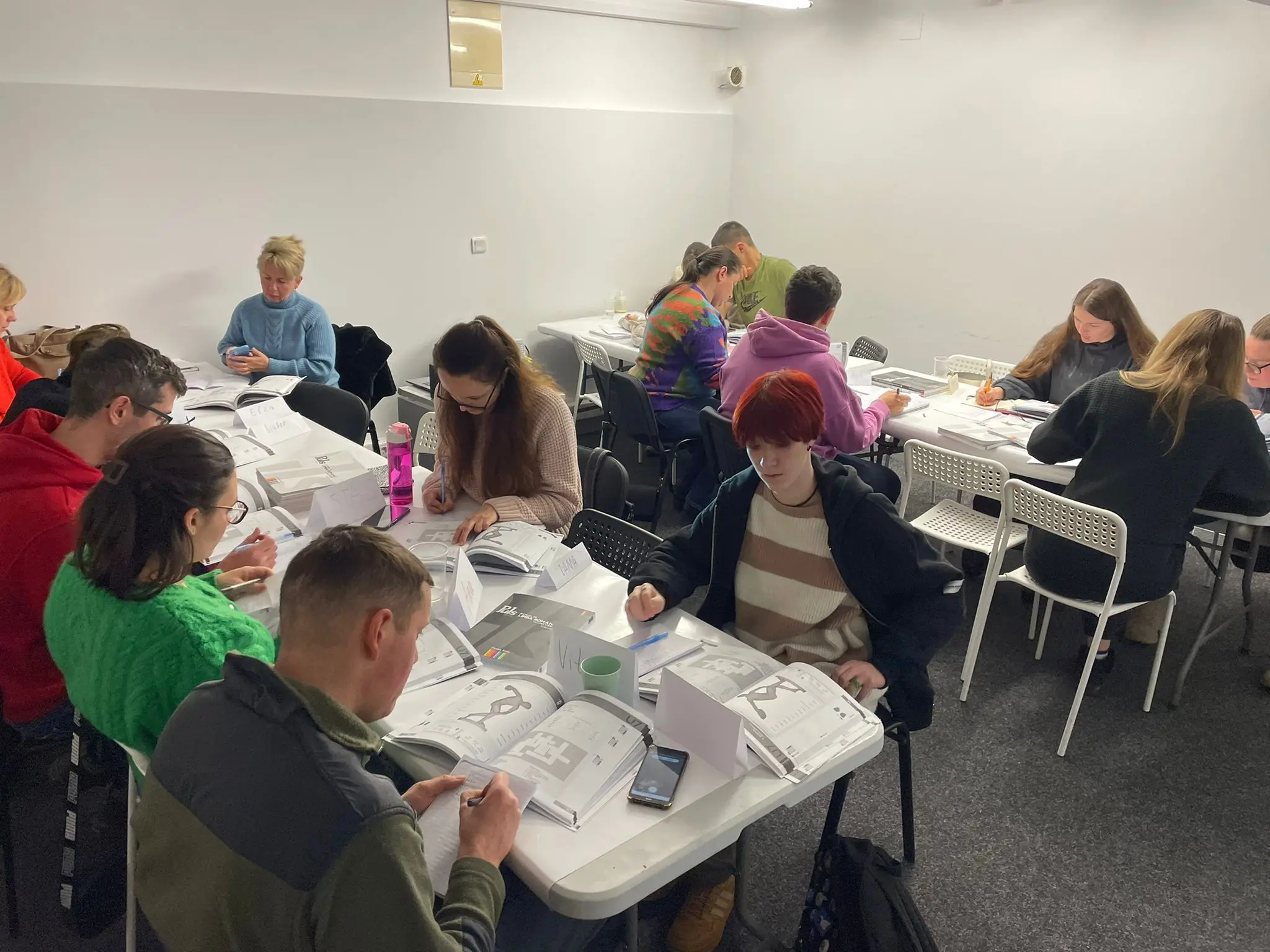
What motivated you to offer free courses for refugee children from Ukraine, and how was the initiative received?
Mostly the desire to help and to make Brașov more welcoming to those who have fled war.
How do you see the impact of these courses on refugee children, and how do they help them adapt in a new country?
I think they have had a significant impact and have made people perceive this space as welcoming and where they can feel safe.
What are the main challenges you have encountered in implementing this program of free courses?
I think the most difficult has been to be able to create a program that covers all language levels. The little ones came with different language levels, and we had to find a solution where everyone could learn new things. That's why we proposed making a film in which they had to write the script, create the characters, draw them and film them as well.
What feedback have you received from the parents of refugee children, and how have you noticed changes in their development in the classes?
The classes were short, and I think the best thing that happened as a result of this course was that friendships were made, and the little ones had the opportunity to practice their English.
Do you have plans to expand this program or implement other social initiatives in the future?
We currently have a few children from Ukraine participating in our English classes. They have integrated very well, and maybe they will make friends with our Romanian students as well.
How do you think education can play a significant role in integrating refugee children into the new society?
Education is the elemental link between the two communities. Knowledge of Romanian and English is essential for Ukrainian children. Through the two languages, they can communicate more easily and continue their education.
How do you manage cultural and linguistic diversity in the school, given the context of refugees in Ukraine?
Communication is done only in English in our school, Romanian is not used in teaching, so Ukrainian children or any other nationality can integrate easily in the groups.
What is your message to other business people or schools who might want to get involved in supporting vulnerable communities?
I think it's important to open our doors and embrace the new cultures that are coming our way and help as much as we can in supporting vulnerable communities. We can all do it in different ways: by providing new jobs, by supporting children's education, by supporting foundations that do these things with funding, and last but not least by trying to find new ways to integrate these children into the community.
More details about Sam Academy's services can be found here !

